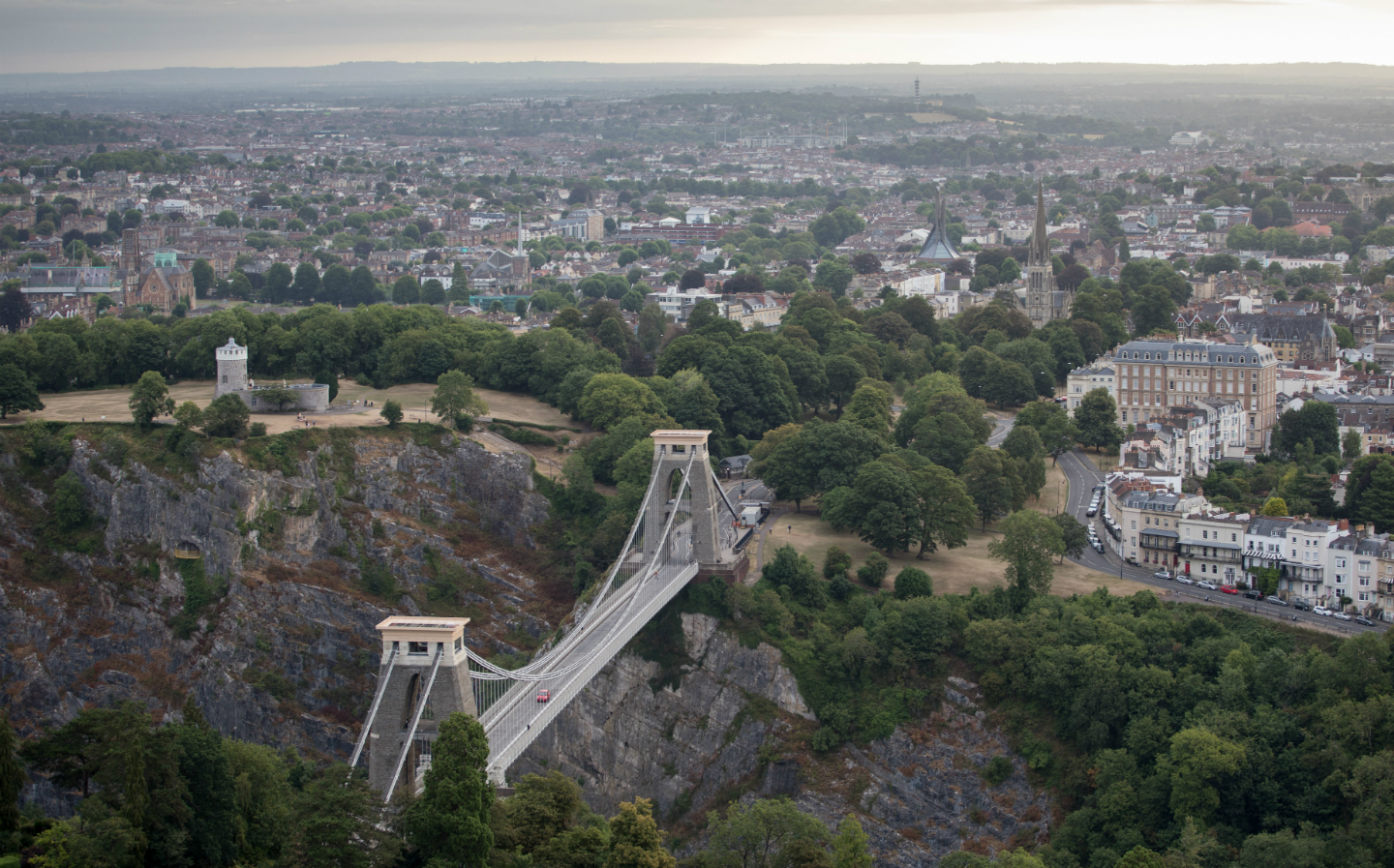Bristol City Council approves plans to ban all diesel cars by 2021
Petrol cars are exempt under the current plans, however
BRISTOL is on track to become the first place in the UK to issue a blanket ban on all diesel-powered cars entering its city centre after plans were approved by Bristol City Council.
Bristol could forbid any privately-registered car with a diesel engine, including ones that meet the Euro 6 emissions regulations that came into force in September 2015, from driving into the city from April 2021, should the idea get the final green light from parliament.
According to the council, the ban has been devised so the city can stick to its government-mandated emissions reducing targets, and ensure the city’s average annual emissions of toxic nitrogen oxides, including nitrogen dioxide (NO2), don’t exceed 40 micrograms per cubic metre by 2021.
This focus on reducing NO2 emissions is, according to Bristol City Council, why petrol-powered cars won’t be included in the ban. While the council acknowledges petrol cars also emit nitrogen oxides, it says the amounts the generate are “far lower” than what diesel engines produce, and it believes a blanket ban for diesel vehicles will “reduce human exposure to NO2 as quickly as possible”.
Should the proposal be implemented as it currently standards, diesel cars will be prohibited from entering Bristol’s harbourside area and most of the city centre. Other parts of the city, such as the stretch of Hotwell Road that runs from the centre to the city’s iconic Clifton Suspension Bridge, will also be part of the diesel no-go zone.
Unlike other emissions-reducing initiatives across the UK, such as London’s Congestion Charge and Ultra Low Emissions Zone areas, Bristol’s plans won’t be in force all of the time. According to the council, it’s expected the ban will only be active between 7am and 3pm on every day of the week, with the council claiming an array of numberplate recognition cameras will be used to catch any diesel drivers who try to enter the area while the ban is active.
Those cameras will also help police a wider Clean Air Zone, which will extend to other boroughs such as Ashley Down in the north of Bristol to Ashton Vale towards the south of the city. While privately-registered diesel cars won’t be prohibited from entering this area, Bristol City Council has confirmed any car that doesn’t adhere to relevant emissions levels (Euro 6 for diesel vehicles; the Euro 4 standard introduced for petrol cars in January 2006) will be subject to a £9 daily charge.
Any privately registered taxis, minibuses and vans that don’t adhere to those emissions limits will also need to pay a £9 daily charge if they enter the zone, with drivers of non-compliant buses, coaches and heavy goods vehicles such as lorries facing a per day fee of £100.
Bristol mayor Marvin Rees said the plans “demonstrate [the council’s] commitment to tackling air pollution so we meet legal limits within the shortest time”.
However, the proposal has come under fire from organisations who believe dirty diesels will simply be displaced elsewhere. According to the RAC’s head of roads policy Nicholas Lyes, “major routes into, out of, and even around the city would become out of bounds, with diesel vehicles forced onto other roads, which risks causing congestion problems where they don’t exist at the moment.”
Meanwhile the car industry claimed the latest diesel engines are relatively clean, and the blanket ban on diesel cars provided no incentive for diesel car owners to upgrade to cleaner models.
Mike Hawes, chief executive of the Society of Motor Manufacturers and Traders (SMMT), said: “Industry wants to see all cities, including Bristol, meet their targets and continues to invest in ever more advanced technology to help improve our environment.
“However, this proposed blanket ban, which goes against government’s guidelines, fails to distinguish between modern vehicles and decades-old technologies and will only cause confusion for drivers while also undermining efforts to boost air quality.
“Instead, we need a clear and consistent national approach to clean air zones that incentivises the uptake of the latest, low emission vehicles, including new Euro 6 diesels, which are the cleanest ever produced, alongside improvements to traffic flow and investment in charging infrastructure.”
Tweet to @J_S_Allen Follow @J_S_Allen
Ulez checker: Is your car exempt from the Ultra Low Emission Zone?
UK government could accelerate plans to ban petrol and diesel cars





